Epsilon Advanced Materials, Phillips 66 Partner To Power US EV Battery Manufacturing
- By MT Bureau
- September 26, 2025
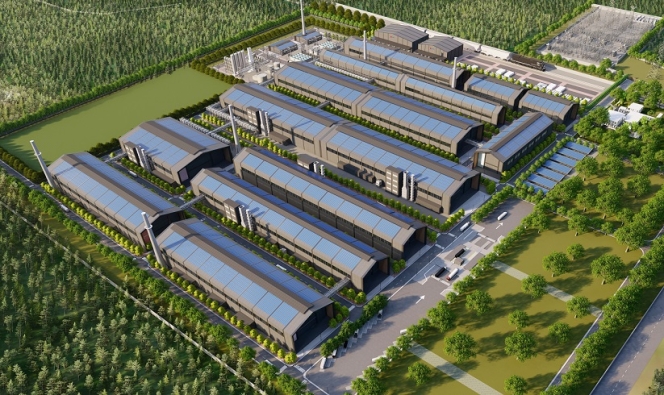
Epsilon Advanced Materials (EAM), a leading global manufacturer of sustainable battery materials, and Phillips 66 have forged a strategic alliance to bolster the domestic electric vehicle (EV) and energy storage system (ESS) battery supply chain in the United States.
Phillips 66, one of the world’s leading producers of Green and Calcined Needle Coke cokes, which are the critical feedstock required for manufacturing synthetic graphite anodes – a core component of lithium-ion batteries.
As per the understanding, Phillips 66 will supply Green and Calcined Needle Coke from its Lake Charles, Louisiana refinery to Epsilon Advanced Materials. The feedstock secured through this partnership will directly support EAM's ambitious new 30,000 tonnes graphite active anode material facility currently under development in North Carolina.
The facility has completed all necessary permitting milestones and is on track to begin operations in 2027, with an expansion plan to reach 60,000 tonnes by 2030. Once fully operational, the North Carolina plant is projected to supply U.S. battery manufacturers and automotive OEMs with enough graphite active anode material to power approximately million electric vehicles annually, playing a decisive role in scaling sustainable battery production for the nation and enabling clean energy transitions.
Vikram Handa, Managing Director, Epsilon Advanced Materials, said, “This collaboration is a major step in building a secure and sustainable battery materials supply chain for the US. Phillips 66’s expertise in energy and materials, combined with EAM’s capacity and global presence, will ensure reliable, scalable and sustainable graphite anode production to power the EV and ESS industries worldwide.”
The agreement successfully brings together Phillips 66’s operational expertise in material production with EAM’s global expansion goals, reinforcing the collective effort to build a competitive and resilient supply chain for clean energy technologies across multiple regions.
Knorr-Bremse’s Begins Construction Of EUR 200 Million Chennai Future Campus
- By MT Bureau
- February 15, 2026
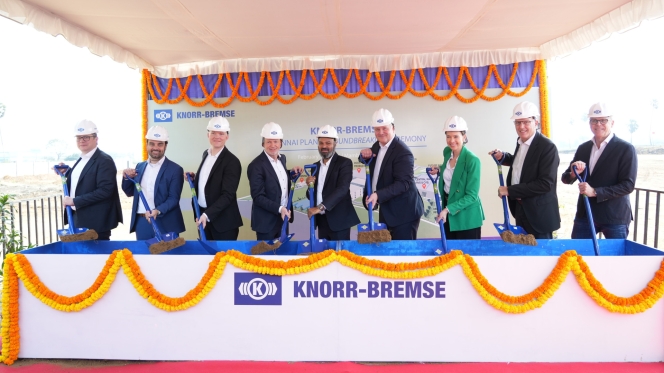
German component manufacturer Knorr-Bremse has initiated the construction of a modular campus in Chennai, India, with an investment plan of up to EUR 200 million over the next five years. The facility will integrate engineering, production and artificial intelligence (AI) activities.
Scheduled to commence operations in late 2027, the site will support both the Rail and Truck divisions. The campus is designed to accommodate up to 3,500 employees and will complement existing sites in Pune and Palwal.
The 188,000 square metre facility will be developed in phases. The initial stage includes production plants for metro and high-speed train entrance systems, alongside braking components for commercial vehicles. Later phases, extending to 2030, will add office complexes to house global business services, including finance and HR functions.
Products manufactured at the Chennai hub are intended for the Indian domestic market and global exports. Knorr-Bremse is currently a supplier for rail projects in Delhi and Chennai and is providing braking and sanitation systems for India’s high-speed rail network.
The company selected Chennai due to its infrastructure and engineering landscape. The new campus is located near the Knorr-Bremse AI centre established in 2025. This proximity is intended to accelerate digital projects and improve process efficiency.
Marc Llistosella, CEO, Knorr-Bremse, said, “India is a key region for us with great potential – as a location for innovation, a production hub, and a transport market. Our future campus enables us to connect global capabilities even more closely, make processes more efficient, and accelerate projects. This creates a strong foundation for our Rail and Truck divisions to grow profitably – in India as well as in international markets. The campus is an important building block in our global strategy and a clear commitment to Knorr-Bremse’s long-term growth path.”
- MIC Electronics Limited
- Letters of Acceptance (LoAs)
- Eastern Railway
- Howrah Division
- projects
- approximately
- INR 44.5 million.
MIC Electronics Secures Eastern Railway Orders
- By MT Bureau
- February 13, 2026
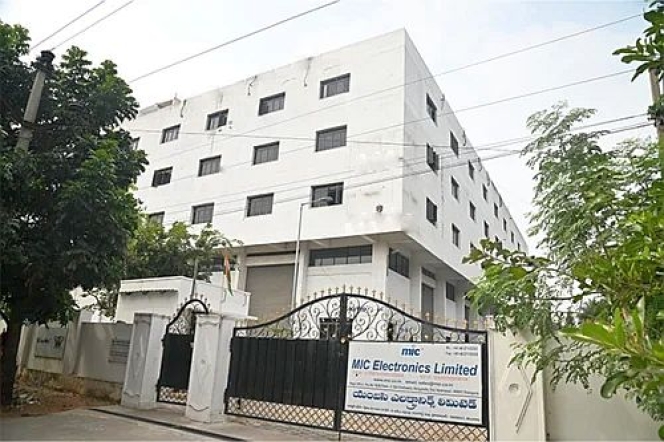
MIC Electronics Limited has secured Letters of Acceptance (LoAs) from Eastern Railway, Howrah Division, for projects valued at approximately INR 44.5 million.
The orders have been awarded under two separate competitive tenders and further strengthen the company’s position in India’s railway digital infrastructure ecosystem.
They involve design, supply, installation, testing, and commissioning of advanced Passenger Information and Communication Systems (PIS) across multiple railway stations in the Howrah Division. The scope of work includes the deployment of state-of-the-art railway information display systems and allied infrastructure, in line with Eastern Railway’s stringent technical, safety, and quality specifications. The projects are scheduled to be completed within six months from the date of issuance of the LoAs.
The development reinforces MIC Electronics’ strong execution capabilities in large-scale railway projects and its growing role in Indian Railways’ digital modernisation initiatives, said Rakshit Mathur, CEO, MIC Electronics Limited.
MIC Electronics specialises in the design, manufacture and implementation of Passenger Information Systems (PIS), railway display solutions, public address and communication systems, LED display and digital infrastructure solutions, and electronic and telecom infrastructure.
- Automotive Component Manufacturers Association
- ACMA
- Boston Consulting Group
- BCG
- Vinnie Mehta
- Vikrampati Singhania
- Vikram Janakiraman
ACMA And BCG Release Study On Smart Factory Adoption In India
- By MT Bureau
- February 11, 2026
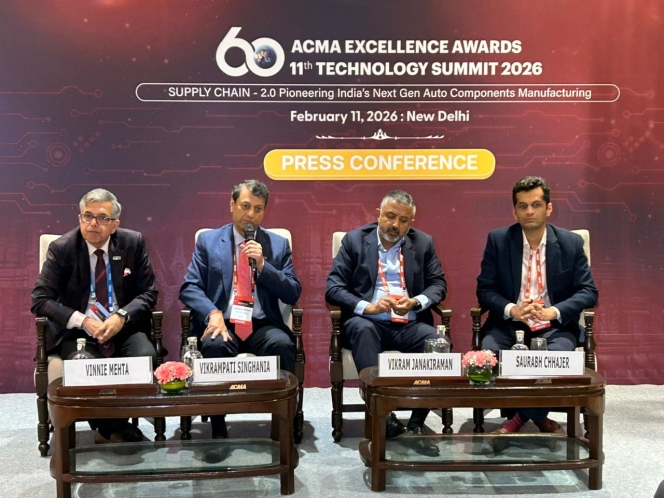
The Automotive Component Manufacturers Association of India (ACMA) and Boston Consulting Group (BCG) have released a joint study titled ‘Bolts, Bytes and Bots: Reimagining Next-Gen Auto Component Manufacturing in India’. The report examines the impact of digitalisation, automation and analytics on the sector.
The Indian auto component industry grew at a CAGR of 14 percent between FY2020 and FY2025, reaching a value of USD 80 billion. During this period, exports increased 1.5 times to approximately USD 23 billion. The sector is now targeting USD 100 billion in exports by FY2030.
The study indicates that over two-thirds of surveyed companies are in the pilot, scale-up, or fully integrated stages of implementing smart factory initiatives. Nearly 60 percent of these firms report benefits in productivity, quality, asset utilisation and issue resolution.
- Shift from basic connectivity to advanced analytics and AI-based maintenance.
- Use of digital twins and automated systems to manage volume and complexity.
- Focus on operations and quality as primary areas for digital intervention.
- Move towards interconnected digital stacks rather than isolated solutions.
Digital readiness is becoming a requirement for global OEM sourcing. International partners increasingly expect high standards in traceability, audit readiness and quality control. The report finds that companies with scaled deployments are twice as likely to experience a significant business impact compared to those in the pilot phase.
Vikrampati Singhania, President, ACMA, said, “The findings clearly indicate that Smart Factory initiatives are moving from experimentation to execution across the sector. The next phase must focus on scaling these efforts across plants and the supplier ecosystem. This will require shared platforms, deeper partnerships and coordinated ecosystem development, where industry bodies like ACMA can play a catalytic role.”
Vinnie Mehta, Director General, ACMA, added, “What stands out is the structural shift in how digitalisation is being viewed no longer as a discretionary investment, but as a long-term lever for competitiveness. As the industry balances export growth, coexistence of multiple-powertrains and workforce challenges, smart manufacturing offers a practical pathway to improve reliability, productivity and quality using existing assets.”
Vikram Janakiraman, Managing Director and Senior Partner, BCG, noted, “India’s auto component sector has led the charge on localisation and import substitution over many years, building deep manufacturing capability and scale. Today, as growth accelerates across domestic and export markets, the challenge is managing both volume and complexity. It is promising to see that the sector has made a start by adopting Smart Factory initiatives, with Indian companies already realising significant OEE improvements, quality gains, and better throughput from existing assets.”
- Tata Motors Passenger Vehicles
- Tata Motors
- Stellantis
- Fiat India Automobiles
- Shailesh Chandra
- Gregoire Olivier
Stellantis And Tata Motors Ink MoU To Explore Further Collaboration
- By MT Bureau
- February 10, 2026
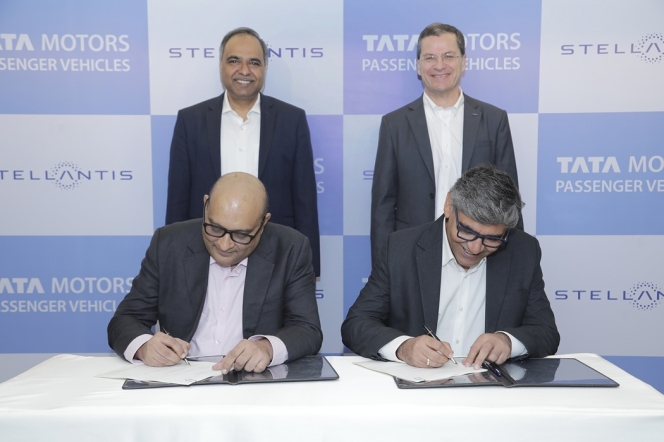
European auto major Stellantis and Tata Motors Passenger Vehicles (TMPV) have marked the 20th anniversary of their 50:50 joint venture, Fiat India Automobiles (FIAPL) and signed a Memorandum of Understanding (MoU) to explore further opportunities in manufacturing, engineering and supply chain operations within India and international markets.
Since its inception, the partnership has produced more than 1.37 million vehicles. The joint venture currently employs approximately 5,000 people and maintains a production capacity of 222,000 vehicles per year.
The FIAPL plant currently manufactures four Jeep models for Stellantis and three passenger vehicle models for Tata Motors. The facility has established operations across vehicle assembly, powertrain production and supply chain management.
Gregoire Olivier, Chief Operating Officer, Stellantis Asia Pacific, said, “FIAPL stands as a testament to what two strong organisations can achieve together. As we commemorate this milestone, we remain focused on evolving the partnership to support future-ready manufacturing, innovation and sustainable growth in the region.”
Shailesh Chandra, Managing Director & CEO, Tata Motors Passenger Vehicles, added, “Our partnership with Stellantis through FIAPL reflects the strength of a long-standing collaboration built on trust, shared values and a common vision. We look forward to deepening this relationship with Stellantis in the years ahead.”






Comments (0)
ADD COMMENT